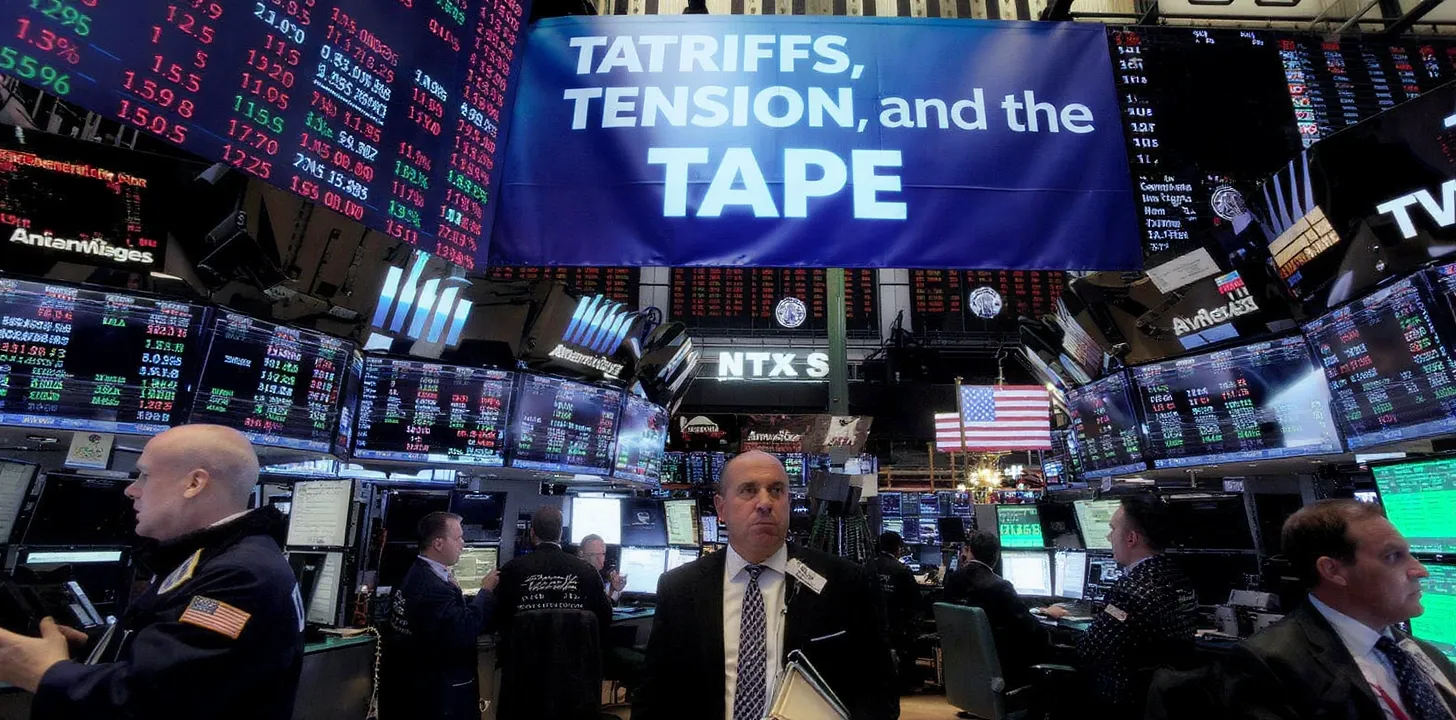A High-Stakes Week: Trump’s Return, BoJ’s Big Decision, and Data Deluge to Set Market Tone
Introduction
Global financial markets are gearing up for a whirlwind week, featuring the inauguration of U.S. President-elect Donald Trump for a second term, a potentially game-changing Bank of Japan (BoJ) interest rate decision, and a host of major economic releases. Investors will sift through U.K. employment numbers, Eurozone and U.K. PMI surveys, Japan’s inflation data, and fresh U.S. labor reports. Each of these events could trigger volatility across asset classes, influencing currencies, equities, and commodities.
1. Trump’s Second Inauguration: Policy Uncertainty and Market Volatility
Even before officially taking office, Trump’s policy statements on immigration, trade, and cryptocurrency regulations have already impacted markets. His outreach to China’s President Xi and discussions on technology policies (such as TikTok) could set the tone for U.S.-China relations.
- Currency Outlook: The U.S. dollar has softened slightly ahead of the inauguration. A conciliatory trade stance may curb safe-haven demand, while aggressive tariff policies could strengthen the USD.
- Equities: Risk appetite remains elevated, but any surprises in Trump’s economic agenda could alter market sentiment.
2. BoJ Rate Decision: A Potential Game-Changer for the Yen
Markets are closely watching the Bank of Japan’s interest rate decision. Speculation has grown that the BoJ could raise rates by 25 basis points to 0.50%, marking the highest level in 17 years. Strong economic data and rising inflation bolster the case for policy tightening.
- Market Impact: A rate hike could strengthen the yen, while a decision to hold rates steady might weaken JPY and trigger market volatility.
- Key Risk: Unexpected moves in BoJ policy could spark significant fluctuations in USD/JPY and regional stock markets.
3. U.K. Labor Market Data and Its Impact on Sterling
The U.K. will release key employment data on Tuesday, with an expected rise in the unemployment rate to 4.4% and a 10.3K increase in claimant count.
- Bearish Scenario: Higher unemployment and weaker job growth could weigh on the British pound.
- Bullish Scenario: Stronger-than-expected hiring data could support GBP in the short term.
4. U.S. Jobless Claims and Housing Market Data
Markets will also analyze U.S. jobless claims and housing reports for insights into economic momentum.
- Potential Impact: Rising jobless claims could weaken Treasury yields and pressure the dollar.
- Stock Market Reaction: Modest labor market slack could be bullish for equities if it signals a softer Fed stance.
5. Japan’s Inflation and Trade Data
Japan’s upcoming inflation and trade reports could further shape BoJ expectations.
- Yen Outlook: A stronger trade balance and steady inflation could reinforce BoJ hawkishness.
- Policy Risk: A weaker-than-expected inflation report could diminish rate hike expectations.
6. Eurozone and U.K. PMI Surveys
Friday’s PMI surveys will provide an early snapshot of economic activity in Europe.
- Eurozone: A weak manufacturing PMI (forecasted at 45.1) could weigh on the euro.
- U.K.: Services PMI at 51.1 suggests modest growth; a stronger-than-expected reading may lift GBP.
7. U.S. Consumer Sentiment and Housing Trends
Consumer sentiment and existing home sales will wrap up the week, offering insights into consumer-driven growth.
- USD Impact: Strong sentiment and housing figures could support the dollar and boost equity markets.
Conclusion
This week is packed with high-impact events, from Trump’s policy shifts to a crucial BoJ decision. Economic reports from the U.S., U.K., and Eurozone will further shape market direction. Traders should prepare for heightened volatility, as even minor surprises could trigger sharp moves in currencies, bonds, and equities.



